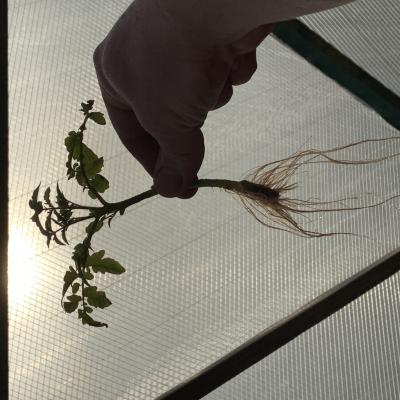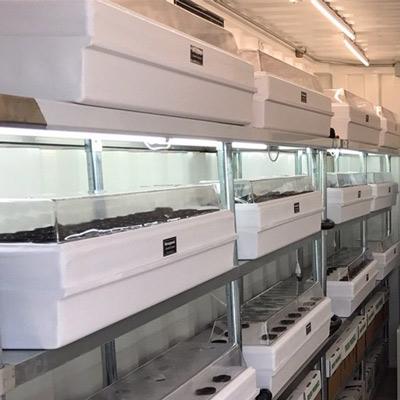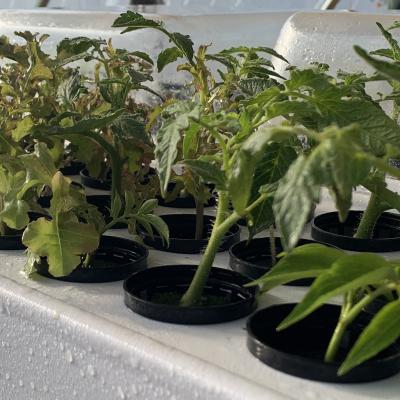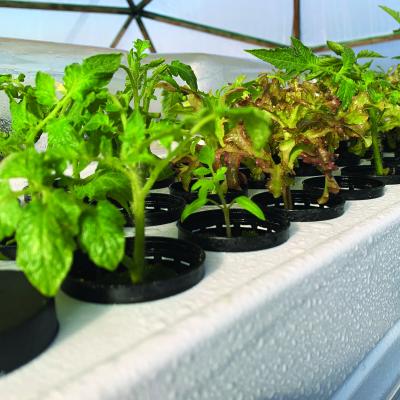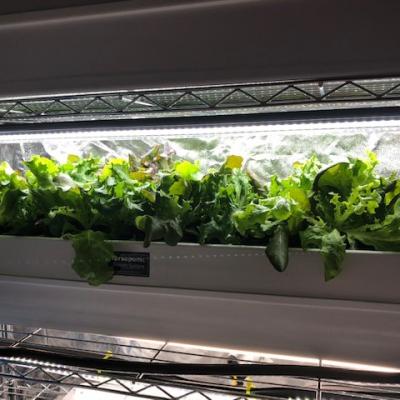In the intricate world of plant biology, auxin stands as a key player, orchestrating the symphony of growth and development. This plant hormone, both naturally produced and synthetically harnessed, plays a pivotal role in shaping the life cycle of plants. It is primarily produced in the plant's main stem, with its effects rippling throughout the entire organism.
The Auxin Effect: Fueling Growth and Direction
Auxin is a growth-inducing hormone, renowned for its ability to make plants thrive. It achieves this feat by enhancing the elasticity of plant cells. As these cells become more flexible, they can absorb more water, leading to an increase in size and, consequently, overall plant growth. Additionally, auxin plays a crucial role in phototropism, the phenomenon where plants bend and grow toward the sun. However, auxin's journey doesn't stop here.
Mastering Apical Dominance
One of the remarkable features of auxin is its role in apical dominance. This phenomenon dictates that the main stem of a plant grows more robustly than its lateral stems. Auxin manages this by inducing dormancy in the offshoot stems, effectively slowing down their growth. It's the main stem, awash with auxin, that takes center stage in the plant's upward trajectory. Interestingly, if you trim the top of the main stem, thus curtailing auxin production, the plant will redirect its growth horizontally, seeking a new path under the influence of another type of auxin.
Rooting for Auxin: Cloning and Root Growth
The influence of auxin extends to the cloning and root growth processes. Commercial rooting compounds harness the power of auxin to stimulate the development of roots. In the cloning process, clippings are taken from a mother plant. These cuttings are then immersed in a cloning powder, liquid, or gel infused with the rooting compound. Once coated, the clippings are placed in a cloning collar or a rockwool cube. This addition of a rooting supplement, often rich in auxin, plays an integral role in facilitating fast and healthy root growth, ensuring that the legacy of the mother plant continues to thrive.
In essence, auxin is a cornerstone in the intricate web of plant growth, from the elongation of cells to phototropic bending and the orchestration of apical dominance. This plant hormone, whether produced naturally within the plant or synthesized as part of fertilizers, underscores the resilience and adaptability of the plant kingdom.

